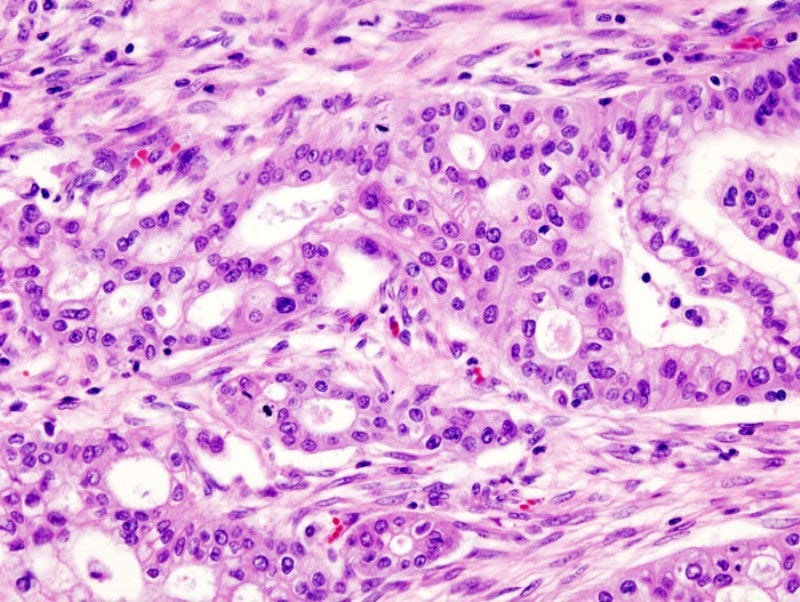
DrugCendR has reported positive early results from its ongoing Phase I clinical trial evaluating CEND-1 in combination with nabpaclitaxel and gemcitabine for the treatment of patients with metastatic pancreatic cancer.
CEND-1 is a tumour-penetrating peptide designed to activate a drug transport mechanism specifically in tumours.

Discover B2B Marketing That Performs
Combine business intelligence and editorial excellence to reach engaged professionals across 36 leading media platforms.
The early data showed high response rates and a favourable safety profile of CEND-1 among patients. No dose-limiting toxicities have been reported so far in the trial.
DrugCendR chief operating officer Harri Jarvelainen said: “Our near-term goal is to validate the CEND-1 platform technology in multiple indications so clinicians can treat patients with cancers with high unmet medical need more effectively.”
The Phase I trial features a non-randomised, multicenter, dose-escalation, sequential assignment, open-label design.
It is designed to study the safety, tolerability, and biologic activity of CEND-1 in metastatic pancreatic ductal adenocarcinoma (PDAC) patients who are taking combination therapy with nabpaclitaxel and gemcitabine.

US Tariffs are shifting - will you react or anticipate?
Don’t let policy changes catch you off guard. Stay proactive with real-time data and expert analysis.
By GlobalDataThe trial aims to be fully enrolled with at least 30 patients in the second quarter of this year.
It comprises an initial dose escalation phase with four different CEND-1 dose levels and a subsequent expansion phase with around 28 subjects.
DrugCendR has opened the first Phase IIa expansion cohort to determine the early efficacy of the combination treatment.
The expansion is also expected to investigate the safety and tolerability of the combination treatment using two different dose levels of CEND-1.





